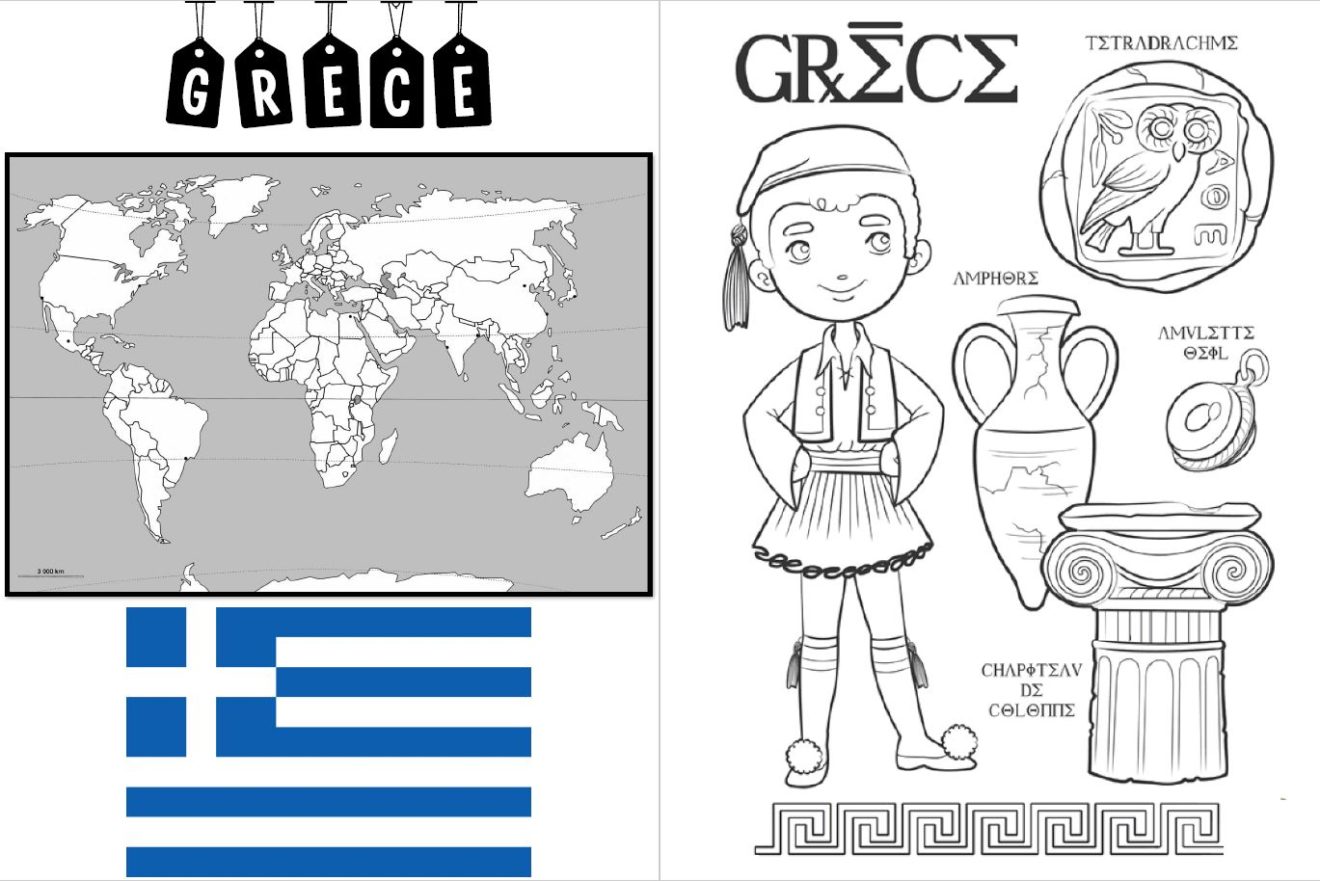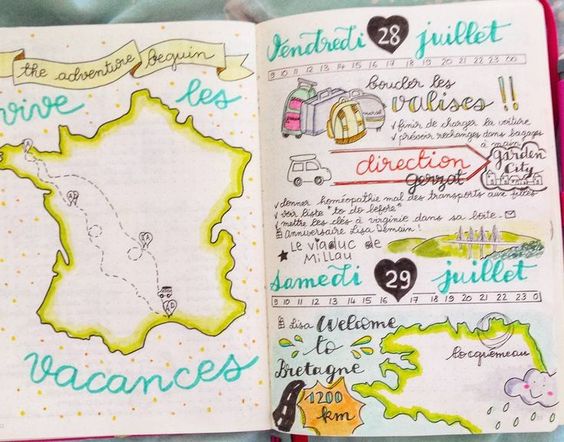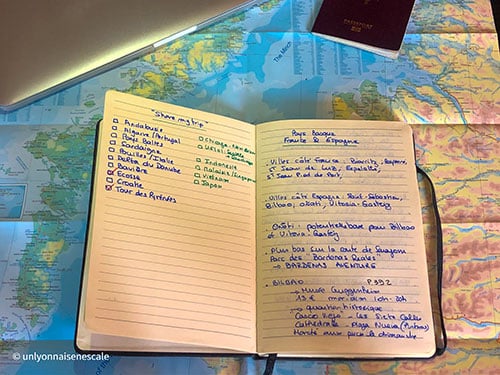Carnet De Borten Report Avec La Grece Page De Garde

Bonjour, mes amis! Ever felt the urge to smuggle a feta cheese army across international borders? Or perhaps you just dream of gazing upon the Parthenon without triggering an international incident? Well, grab your beret and a glass of vin rouge, because we're diving into the Carnet de Borten Report Avec La Grece Page De Garde! (Try saying that five times fast... I dare you!)
What in the Fromage is a Carnet de Borten?
Alright, alright, settle down. It sounds terribly bureaucratic, I know. But fear not! Think of the Carnet de Borten as a passport... for your stuff! Not your pet hamster, mind you, (though the idea is tempting...) but for goods you're temporarily exporting, and then – and this is crucial – re-importing. It's like saying, "Hey customs, I'm just borrowing this antique chariot, I promise to bring it back!"
More specifically, this particular "Carnet de Borten Report Avec La Grece" (because everything sounds more important in French, n'est-ce pas?) is likely referencing a specific report about the use of ATA Carnets (that’s the official name, fancy, right?) for trade between France and Greece. Think art exhibitions, trade shows, or a traveling circus featuring only very, very small and easily transportable elephants. Hypothetically, of course. We wouldn’t endorse miniature elephant smuggling.
Why Bother With All This Paperwork, Sacrebleu!
Because, my friend, nobody wants to pay import duties and taxes on something they’re just taking for a spin! Imagine lugging your award-winning croissant collection to a baking competition in Athens, only to get hit with a hefty tax bill upon arrival. Le nightmare! The Carnet de Borten (and, presumably, this "Report Avec La Grece") helps avoid all that hassle. It’s like a magic wand that waves away pesky fees.
Decoding the "Page De Garde"
Ah, the "Page de Garde"! Otherwise known as the cover page. In simpler terms, it’s the… well, the *cover page*. It's like the glamorous introduction to your epic journey with your valuable cargo (or, you know, your croissant collection). Expect to find:
- The Carnet number: This is the unique ID for your "passport for stuff." Treat it like your social security number, but for… portable property.
- Holder's details: Your name (or your company's), address, and maybe a passport photo (of your stuff? Probably not. Though hilarious).
- General list of goods: A brief description of what you're hauling. "One slightly used toga," perhaps?
- Validity dates: Make sure your carnet is valid for the entire duration of your trip. Expired Carnet = customs chaos.
It's all very official, very important, and very… well, page-y. Don't lose it! Treat it with the respect it deserves, alongside your passport and your collection of vintage French postcards.
Greece and the Carnet: A Match Made in… Brussels?
So, why the specific focus on Greece? Well, Greece, with its rich history and vibrant economy, is a popular destination for international trade and events. Think ancient artifacts on loan for exhibitions, olive oil tasting extravaganzas, or even just a friendly game of boules using exclusively imported, championship-grade boules balls. The Carnet de Borten facilitates all of this, ensuring smooth passage for goods between France and Greece.
Potential Issues (Because Life Isn't Always Boules and Baklava)
Even with a Carnet, hiccups can happen. Here are a few things to keep in mind:
- Accurate Descriptions: Be precise when describing your goods. "Miscellaneous Stuff" is not going to cut it.
- Matching the Goods: Ensure the goods you're carrying match the description on the Carnet. Don't try to sneak in that extra feta cheese brick!
- Customs Shenanigans: Sometimes, customs officials can be… let’s say… enthusiastic. Be polite, patient, and have your paperwork in order. A smile (and maybe a strategically placed croissant) can go a long way.
The "Carnet de Borten Report Avec La Grece" likely delves into these issues, offering insights and recommendations for smoother trade relations. It’s riveting stuff… for customs officials, at least.
Essentially, this report is probably an analysis of how the ATA Carnet system is working between France and Greece, looking at things like the volume of goods moved, any problems encountered, and suggestions for improvements. Think of it as a report card for international temporary trade between the two countries, only slightly less exciting than watching paint dry. Juste un peu.
In Conclusion: So, Should You Care?
Unless you're planning to transport a life-sized replica of the Eiffel Tower to Santorini, probably not *directly*. But, if you are involved in international trade or temporary export of goods, understanding the ATA Carnet system, and any relevant reports like this "Carnet de Borten Report Avec La Grece", is crucial. It can save you time, money, and a whole lot of bureaucratic headaches.
So, there you have it! The Carnet de Borten Report Avec La Grece Page De Garde, demystified! Now, go forth and trade, my friends! Just remember to declare your feta cheese... or face the consequences. Because, let's be honest, nobody wants to mess with a Greek customs officer guarding a nation’s supply of cheese. They’re known to be pretty grate.


















